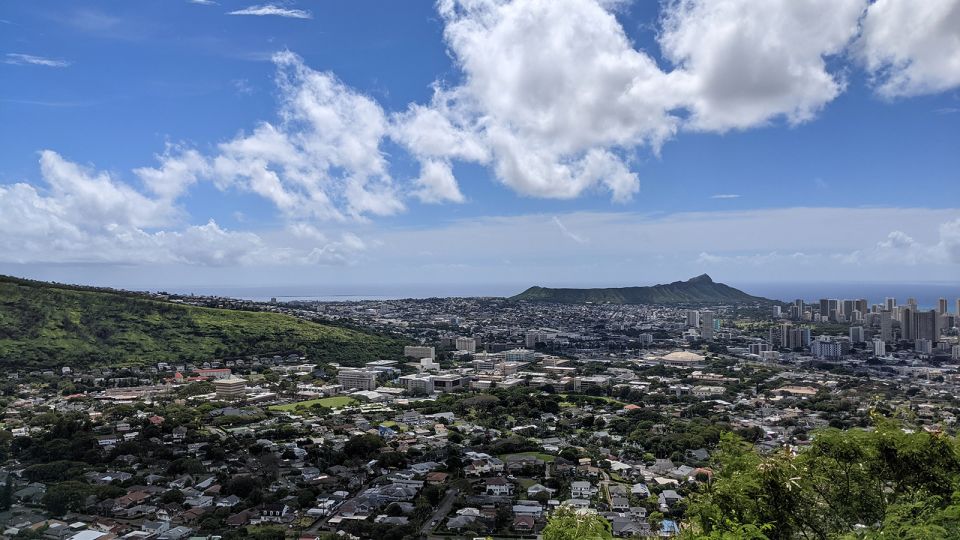Sweden recently joined NATO, becoming the 32nd member of the security alliance, which notably includes the United States. However, there’s an intriguing exception to this alliance involving the state of Hawaii, which remains outside the purview of NATO’s coverage due to its geographical location.
David Santoro, president of the Pacific Forum think tank in Honolulu, points out this peculiarity, noting that even many residents of Hawaii are unaware of their state’s status regarding NATO. While Hawaii is part of the United States, it falls outside the scope of the North Atlantic Treaty Organization, as its name suggests.
This exclusion stems from the Washington Treaty of 1949, which laid the foundation for NATO. While Article 5 of the treaty outlines collective self-defense in case of an attack on any member state, Article 6 limits this defense to territories in Europe or North America, specifically those north of the Tropic of Cancer and within the North Atlantic region.

NATO (Credits: Lieber Institute – West Point)
As per the US State Department, Hawaii is not covered by Article 5, although Article 4 mandates consultations among members when the territorial integrity or security of any member state is threatened. However, the possibility of amending the treaty to include Hawaii faces challenges, given the existence of other member territories beyond the boundaries defined in Article 5.
Despite its exclusion, some experts argue that Hawaii’s strategic significance, especially in the Indo-Pacific region, warrants a reconsideration. With tensions rising in the area, particularly concerning Taiwan and North Korea, Hawaii’s military installations could play a crucial role in countering potential threats. However, its exclusion from NATO leaves a gap in deterrence against possible aggressions.
John Hemmings of the Pacific Forum emphasizes the historical and strategic importance of Hawaii, drawing attention to its pivotal role in past conflicts and its potential relevance in current geopolitical dynamics. Additionally, he suggests that Guam, another US territory in the Pacific, should also be considered for inclusion in NATO due to its strategic significance.
Despite these arguments, some analysts believe that in the event of an attack on Hawaii or Guam, the strong bonds between the US and its allies would lead to a coordinated response, possibly through a coalition of willing nations. This approach, similar to the response after the 9/11 attacks, could involve both regional and global allies, demonstrating solidarity and support for US sovereignty.
While Hawaii remains outside the formal coverage of NATO, its strategic importance and the enduring alliance between the US and its partners ensure that it would not be left unprotected in the face of potential threats.























